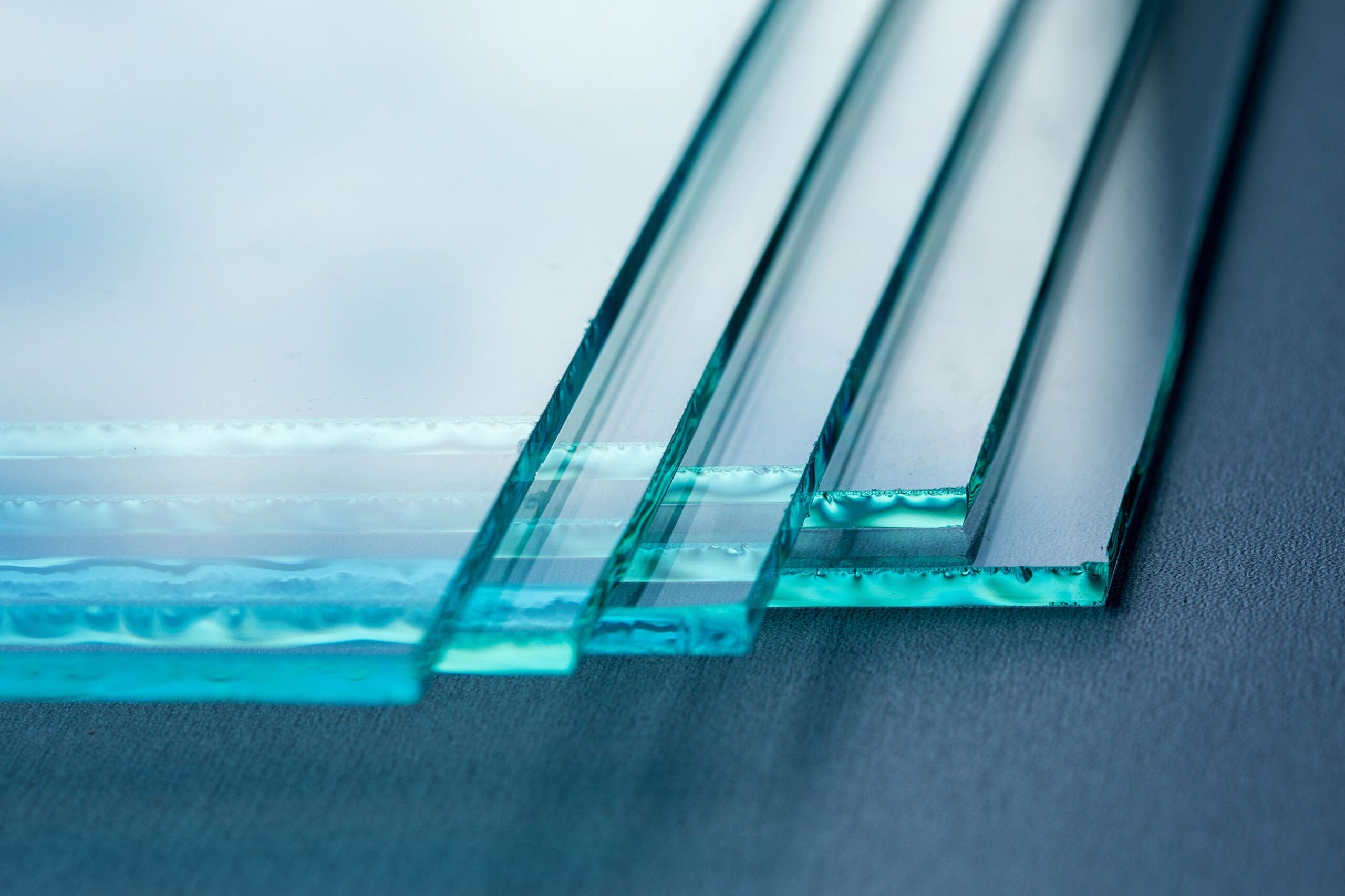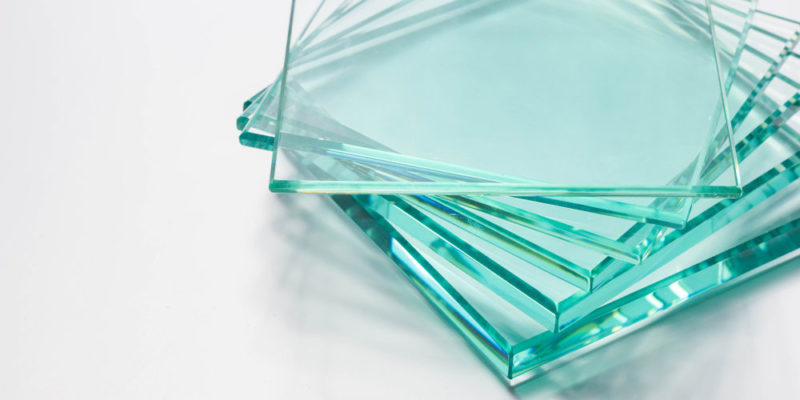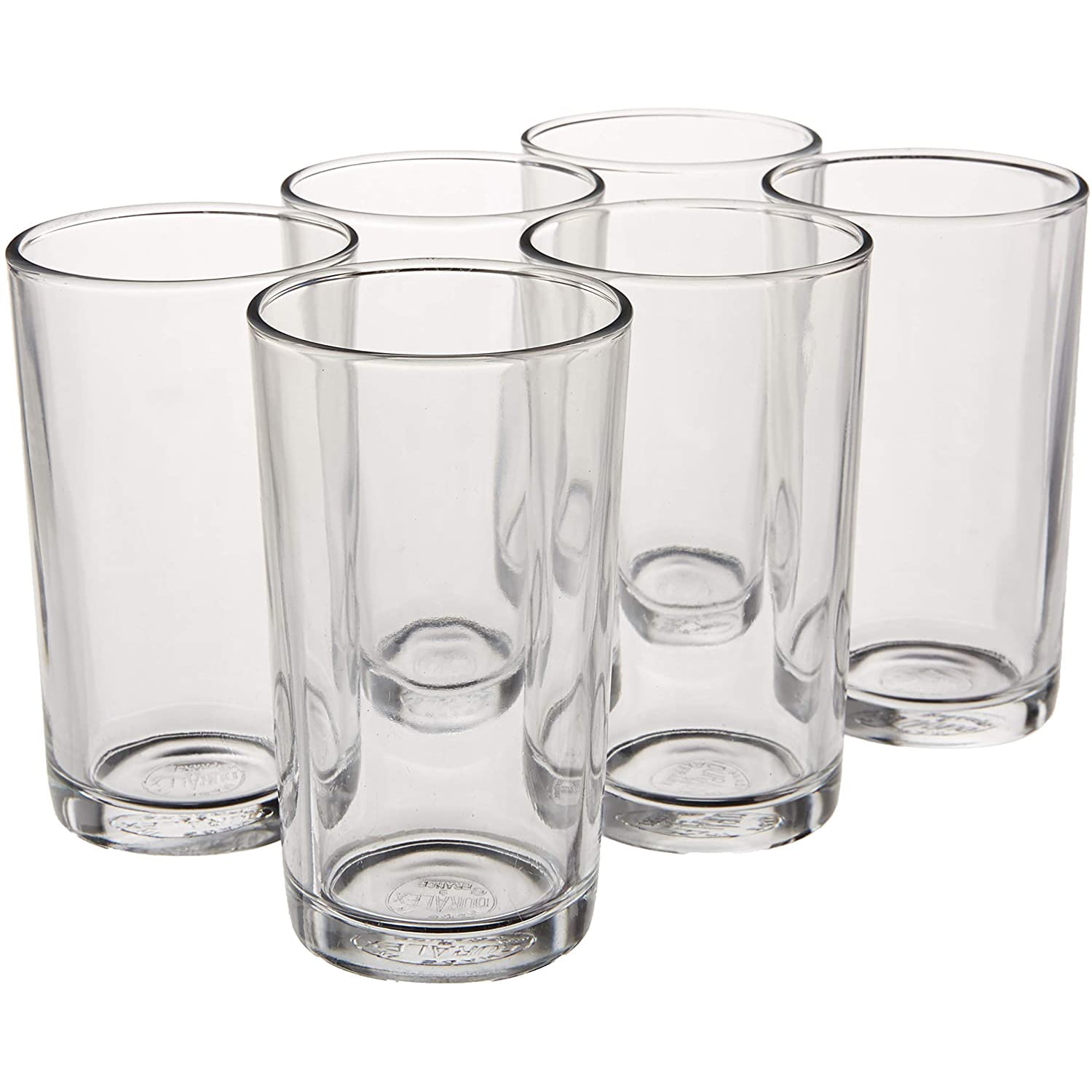When a baby starts to get their first little teeth, it can be a really tough time for everyone involved. Little ones often feel quite uncomfortable, and parents are always looking for ways to bring them some relief. You know, there are so many suggestions floating around, from special toys to gentle rubs on the gums. Sometimes, a rather old-fashioned idea pops up in conversations about easing teething pain, and that is the so-called "glass trick."
This particular idea, you see, generally involves using something made of glass, perhaps a chilled glass item, to help soothe a baby's sore gums. The thought behind it is that the coolness and the firm, smooth surface might provide a little bit of comfort. It's a method that has, in some respects, been passed down through generations, though it's not something you typically hear about from medical professionals.
So, we're going to take a closer look at this interesting idea. We'll explore what it's all about, why some people consider it, and, perhaps most importantly, what things you absolutely need to keep in mind if you ever think about trying it. There are, after all, some very important aspects to consider when it comes to anything you might use near a baby's mouth, especially something like glass.
- Mejores Pelucas De Shein
- Snl Christopher Walken Census
- Fore Finger One Thumb Necklace Meaning
- When Does A Comet Become A Meteor Edits
- Bashid Mclean And Tanya Bird
Table of Contents
- What is the Glass Trick for Teething?
- How Does the Glass Trick for Teething Supposedly Help?
- Is the Glass Trick for Teething a Good Idea?
- Why Safety Matters with Any Glass Trick for Teething
- What Do Glass Experts Say About Handling Glass Safely?
- Other Ways to Comfort Teething Babies
- Are There Better Teething Solutions Than the Glass Trick?
- When to Seek Professional Advice
What is the Glass Trick for Teething?
The "glass trick for teething" is, in essence, a home remedy some parents have used over time to try and ease a baby's discomfort when their teeth are coming in. It usually involves taking a piece of glass, often something like a small, clean glass jar or a smooth drinking glass, and chilling it slightly in the refrigerator. The idea is then to let the baby gently rub their gums against the cool, smooth surface. It's not about letting them bite down hard or chew on it, but rather about providing a cool, firm counter-pressure to the swollen, tender areas of their mouth. Some people might even use a glass bottle, just the outside, for the baby to rub their cheek or chin against, rather than directly in the mouth. It’s a very old idea, apparently, that has been passed down by word of mouth, so you know, it has a history, even if it's not a modern recommendation.
How Does the Glass Trick for Teething Supposedly Help?
People who suggest the "glass trick for teething" often believe it works in a couple of ways. First, the cool temperature is thought to help numb the gums a little bit, much like a cold pack might soothe a bump or bruise. The chill can help calm down any puffiness or irritation in the gum area. Second, the solid, smooth feel of the glass provides a kind of gentle pressure. Babies often find comfort in pressing something against their gums when they're teething, as it can feel good to counteract the internal pressure from the erupting teeth. It's a bit like how we might press on a sore muscle. So, in theory, the combination of coolness and firmness is what makes this method seem appealing to some parents looking for any kind of relief for their little one. It's really just about trying to give a baby a little break from the constant ache, you know, that feeling of something pushing up.
Is the Glass Trick for Teething a Good Idea?
When we talk about using something like glass near a baby, the first thing that comes to mind for many people is safety. While the "glass trick for teething" might sound simple and, in some ways, appealing due to its coolness and firmness, there are some very real things to think about. Glass, as a material, has particular qualities. It can be strong, sure, but it also has a breaking point. If a glass item were to slip from a baby's grasp, or if it were dropped onto a hard floor, it could break into sharp pieces. These pieces, even tiny ones, could be quite dangerous. A baby's movements are often unpredictable, and their grip isn't always firm, so there's always a chance of an accident. So, is it a good idea? That's a question that brings up a lot of concerns about potential harm. It’s almost too much of a risk, perhaps, when you think about it closely.
- How To Do Wood Therapy On Yourself
- Arina Glazunova Security Camera Footage
- Sleep Paralysis Demon Costume
- Novia De Axel Martinez
- Aroob Jatoi Viral Video
Why Safety Matters with Any Glass Trick for Teething
Safety is, basically, the biggest concern when considering the "glass trick for teething." Babies, as we know, tend to put everything in their mouths. Their gums are sensitive, and their developing mouths are not equipped to handle anything that could break or splinter. Even a small chip from a glass item could cause a cut or, worse, be swallowed. Glass, when it breaks, can create very sharp edges and tiny shards that are hard to see. If a baby were to accidentally get a piece in their mouth, it could cause serious injury to their delicate tissues. It’s not just about the big pieces either; sometimes, even what looks like a smooth edge can have microscopic imperfections that could cause trouble. We really need to think about the worst-case scenario here, because with babies, you just never know what might happen in a split second. It’s a pretty serious thought, to be honest.
What Do Glass Experts Say About Handling Glass Safely?
People who work with glass every day, like those specialists in Gresham, Oregon, understand its properties very well. They know that glass, while often clear and not reactive with other things, can be fragile under certain conditions. These experts, who handle everything from fixing windows to putting in new shower doors for homes and businesses, have a deep knowledge of how glass behaves. They often talk about how different kinds of glass have different strengths and how important careful handling is. For example, the folks who have been a locally owned and run glass business serving Gresham, NE & SE Portland, Sandy, and Damascus for over 37 years, have seen all sorts of glass situations. They've repaired and replaced glass of all types, including those "foggy" insulated window units, and they've installed countless shower doors. Their combined experience, sometimes over 100 years, tells them that even strong glass needs respect and proper care to prevent breaks. So, when you think about putting something made of glass near a baby, you have to consider that even the most careful adult can have an accident. These professionals know the risks, and that's why they emphasize safety in their work, whether it's for a cabinet or a car window. It's just a general rule of thumb, you know, that glass needs careful attention.
These glass professionals, like those in Gresham, Oregon, are certified specialists in residential, commercial, and even automotive glass repairs. They work with a wide range of glass products, from mirrors to vinyl windows, and they know the subtle differences in how each type can perform or fail. Their experience with glass projects, big and small, means they truly appreciate the material's strengths and its weaknesses. They often see what happens when glass isn't handled correctly or when it's put under too much stress. For instance, when they replace a broken window, they're not just putting in a new piece; they're ensuring it's secure and safe for the people who will be around it. This deep understanding of glass, its potential for breakage, and the sharp edges that can result, makes them very aware of any situation where glass might pose a risk. So, if even they approach glass with such care, it gives you a lot to think about when considering something like the "glass trick for teething." They really do know their stuff, as a matter of fact, about all things glass.
Other Ways to Comfort Teething Babies
Given the concerns with the "glass trick for teething," it's good to know there are many other ways to help a baby through the discomfort of new teeth. One common approach is to use a chilled teething ring. These are made from materials like silicone or rubber, which are designed to be safe for babies to chew on. They can be cooled in the refrigerator, providing that soothing chill without the risk of breaking. Another simple method is to gently rub your baby's gums with a clean finger. The gentle pressure can often provide a lot of comfort. Some parents find that a cool, wet washcloth, perhaps tied in a knot and chilled, works well for their little one to chew on. You know, there are also special teething biscuits or crackers, but you need to make sure they are appropriate for your baby's age and don't pose a choking hazard. It's really about finding what your baby likes best, as every little person is a bit different in what helps them feel better.
For some babies, a little bit of distraction can work wonders. Playing a calming game, singing a soft song, or just holding them close can sometimes take their mind off the discomfort, even if only for a little while. There are also various baby-safe pain relief options available, but these should always be discussed with a healthcare professional first. It's important to remember that teething is a natural process, and while it can be tough, it doesn't last forever. The key is to offer comfort and support in ways that are truly safe and effective. So, you know, there are plenty of avenues to explore before considering something with potential risks. It’s almost always better to go with options that are specifically made for babies and their delicate needs.
Are There Better Teething Solutions Than the Glass Trick?
When you weigh the potential risks of the "glass trick for teething" against the benefits, it becomes pretty clear that there are, indeed, much better and safer solutions available. Teething toys made from food-grade silicone or natural rubber are designed specifically for babies to chew on. They come in various shapes and textures, offering different kinds of pressure and sensory experiences that babies often enjoy. These toys are also made to be durable and safe, meaning they won't break into sharp pieces or release harmful chemicals. You can chill many of these items in the fridge, giving that cool relief without the worry of breakage. Moreover, things like chilled fruit or vegetable purees, served in a mesh feeder, can offer a soothing sensation and a little bit of nutrition, too. So, really, there are many options that provide the same, or even better, comfort than glass, but without the inherent dangers. It’s just a matter of picking the right tool for the job, you know, one that puts safety first.
The marketplace is full of products that have been tested and approved for baby use, specifically for teething. These items are created with a baby's mouth and safety in mind. They consider things like choking hazards, material safety, and how easy they are to clean. Unlike a piece of glass from your kitchen, these products are designed for the very purpose of being chewed on by a baby. They are often soft enough to be gentle on gums but firm enough to provide counter-pressure. This means parents can feel much more at ease using them. So, when you look at the whole picture, there are clearly safer, more reliable, and more widely recommended ways to help a teething baby feel better. It’s basically about choosing peace of mind, really, for both you and your little one.
When to Seek Professional Advice
While teething is a normal part of a baby's growth, sometimes the discomfort can be quite severe, or you might notice other symptoms that worry you. If your baby seems to be in a lot of pain, is refusing to eat, has a high fever, or is generally unwell, it's always a good idea to reach out to a healthcare professional. They can offer specific advice tailored to your baby's situation and rule out any other potential health issues. You know, sometimes what looks like teething might be something else entirely, so getting a doctor's opinion is always the safest path. Don't hesitate to call your pediatrician if you have any concerns at all about your baby's health or if the usual teething remedies don't seem to be helping.
It's also a good idea to talk to a doctor if you're unsure about any home remedies you've heard about, including things like the "glass trick for teething." They can provide accurate information and guidance based on current medical knowledge and safety standards. Always remember that your baby's well-being is the most important thing, and professional medical advice is always the best resource when you have questions about their health or comfort. They are the ones who can truly give you the best information, you know, for your little one's specific needs.



Detail Author:
- Name : Prof. Friedrich Raynor Jr.
- Username : grunolfsdottir
- Email : price.ramona@gmail.com
- Birthdate : 2001-11-14
- Address : 795 Olson Parkway Apt. 971 Gorczanyberg, NJ 78311-9206
- Phone : (772) 812-0999
- Company : Flatley PLC
- Job : Product Management Leader
- Bio : Labore deleniti ut odio fugiat. Omnis cum explicabo quia et dolor sed ut eos. Hic officia in nulla sed dolores.
Socials
linkedin:
- url : https://linkedin.com/in/danika_xx
- username : danika_xx
- bio : Ipsam possimus earum ea.
- followers : 4322
- following : 1130
twitter:
- url : https://twitter.com/danika_official
- username : danika_official
- bio : Quaerat voluptas et officia rerum numquam laboriosam molestiae. Quo iste et est ipsam. Quaerat sunt modi beatae praesentium ipsum dolores.
- followers : 1695
- following : 2941
instagram:
- url : https://instagram.com/danika_xx
- username : danika_xx
- bio : Consectetur in vero laborum. Aspernatur voluptates id consequuntur provident eos illo harum.
- followers : 4342
- following : 2923
facebook:
- url : https://facebook.com/danika.roob
- username : danika.roob
- bio : Laboriosam animi et dignissimos quia quia in aliquam. Id at commodi rem optio.
- followers : 4742
- following : 2218